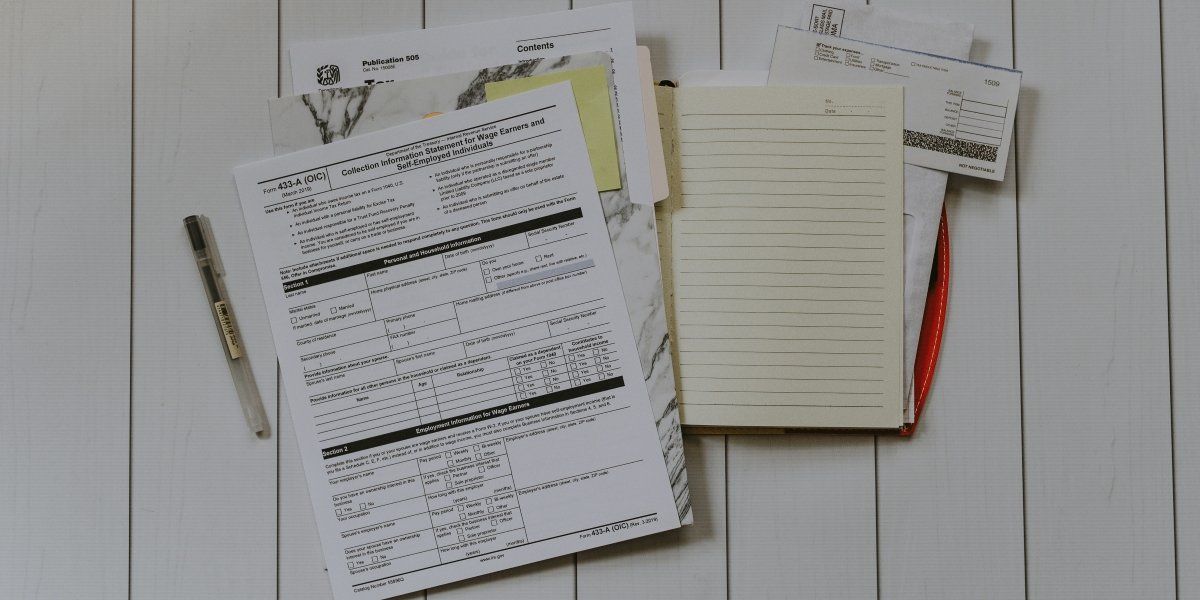In today’s interconnected world, the global economy plays a pivotal role in shaping individual financial landscapes. The ripple effects of international market trends can impact everything from investment portfolios to job opportunities, highlighting the importance of understanding this complex relationship. With insights from Joseph Scott Audia, this article delves into how global economic dynamics influence personal finance and offers strategies to navigate these waters effectively.
Understanding the Global Economy’s Impact
The global economy comprises interconnected markets and economies around the world, influencing each other through various channels. Here’s how international market fluctuations can affect your personal finances:
- Currency Exchange Rates: Fluctuations can impact the cost of imported goods, travel expenses, and the value of foreign investments.
- Commodity Prices: Global supply and demand for commodities like oil, gold, and agricultural products can affect inflation and, subsequently, your purchasing power.
- Interest Rates: Central banks’ policies in major economies can influence global interest rates, affecting loan and mortgage rates worldwide.
- Trade Policies: Tariffs and trade agreements can impact the cost of goods and services, influencing consumer spending and investment decisions.
Navigating the Influence of International Markets
While global economic trends can seem daunting, there are strategies to mitigate risks and capitalize on opportunities:
Diversify Your Investment Portfolio
- International Stocks and Bonds: Invest in a mix of domestic and international securities to spread risk.
- Commodities and Real Assets: Including assets like gold or real estate can provide a hedge against inflation.
Stay Informed
- Follow Global Economic News: Understanding international economic trends can help anticipate market movements.
- Use Financial Tools and Apps: Leverage technology to track investments and currency rates in real time.
Manage Currency Risk
- Currency-Hedged Investments: Consider funds that hedge against currency risk if investing internationally.
- Multi-Currency Accounts: For those working or investing abroad, these accounts can help manage exchange rate fluctuations.
Plan for Interest Rate Changes
- Fixed-Rate Loans: Locking in rates can protect against future increases in a rising interest rate environment.
- Floating-Rate Investments: These can be beneficial in a rising interest rate environment, as they may offer higher returns.
Understand the Impact of Trade Policies
- Consumer Goods: Stay aware of how tariffs might affect the prices of imported goods you regularly purchase.
- Sector-Specific Investments: Certain industries may be more affected by trade policies, influencing investment decisions.
Real-World Examples of Global Economic Influence
- The 2008 Financial Crisis Demonstrated how interconnected the global economy is, with ripple effects impacting employment, housing, and personal wealth worldwide.
- Brexit: The UK’s decision to leave the EU has had far-reaching effects on trade, currency exchange rates, and investment decisions for individuals in and out of the UK.
The Role of Technology in Personal Finance Amidst Globalization
Technology has significantly empowered individuals to better navigate the global economic landscape:
- Online Platforms and Apps: Provide real-time access to global market data, financial news, and investment tools.
- Robo-Advisors: Offer automated, algorithm-driven financial planning services that consider global economic trends.
Future Trends: Global Economy’s Evolving Impact on Personal Finance
Looking ahead, several trends are likely to shape the relationship between the global economy and personal finance:
- Increasing Globalization: Continued integration of markets increases the global economy’s influence on personal finance.
- Emerging Markets: As these economies grow, they offer new investment opportunities and challenges.
- Sustainable and ESG Investing: Global concerns about climate change and social issues are driving interest in investments aligned with environmental, social, and governance criteria.
Conclusion
The global economy’s influence on personal finance is undeniable and complex. By staying informed, diversifying investments, and leveraging technology, individuals can navigate the challenges and opportunities presented by international markets. Understanding these global dynamics is not just about protecting your financial well-being; it’s also about seizing the opportunities that arise from the ever-changing landscape of the global economy. In this globalized era, personal finance is no longer just local; it’s a part of a much larger, interconnected world.
Published By: Aize Perez













